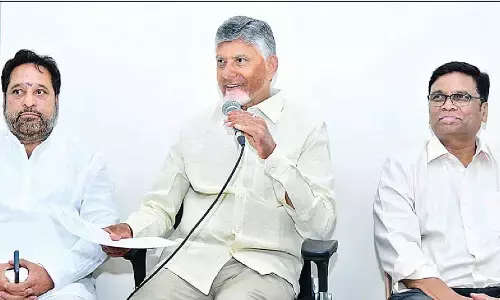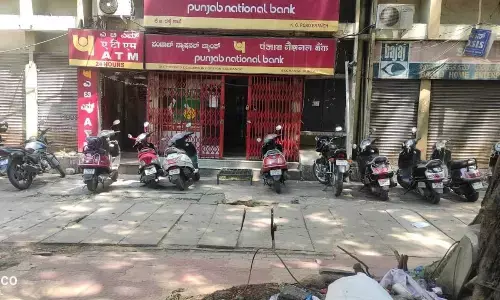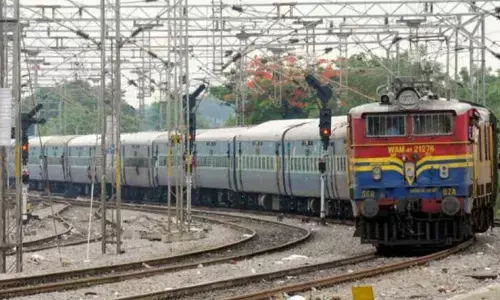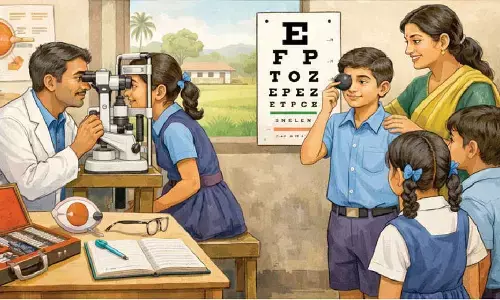India should protect its national interest
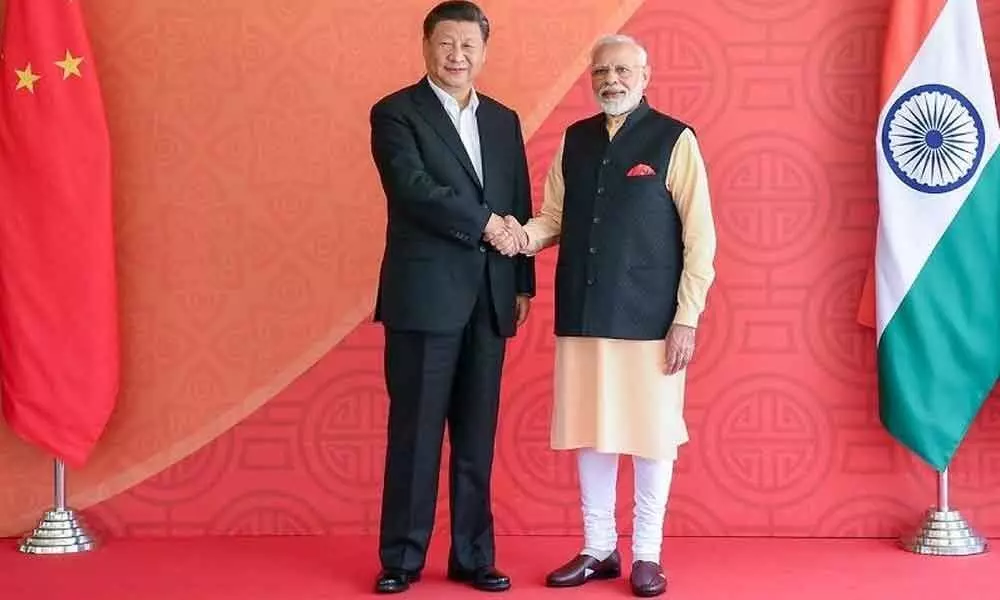
At Mamallapuram, 60 kilometres south of Chennai on way to Pondicherry, an important port city of the Pallavas, the Prime Minister of India Narendra Modi and the Chinese president Xi Jinping are meeting for their second informal meet after the 2018 informal summit at Wuhan.
At Mamallapuram, 60 kilometres south of Chennai on way to Pondicherry, an important port city of the Pallavas, the Prime Minister of India Narendra Modi and the Chinese president Xi Jinping are meeting for their second informal meet after the 2018 informal summit at Wuhan.
While the Chinese side chose Wuhan which was closely linked with the history of the Communist Party of China, the place from where Mao Zedong swam across the Yangtze river India chose a port town with close trade links to China during the pallava period.
Xi Jinping visited India in 2014 when he also went to Gujarat as part of the programme. This was followed by the Wuhan informal summit in 2018 and the present informal summit between both the leaders at Mamallapuram.
Modi is not new to China. During his tenure as Chief Minister of Gujarat visited China four times and made impassioned plea desiring that the two great countries should make Asia centre stage of global economy .
The fact that earlier presidents of China Jiang Zemin visited India in 1996 and Hu Jintao in 2006 present greater and frequent interaction between prime Minister of India and the president of China is a welcome thing given the fact that both these countries share so much in common but are also separated by mistrust and suspicion.
It was all bonhomie between China and India in the fifties and India was one of the first country to recognise the People's Republic of China. What with Bandung conference slogans of Hindi-Chini bhai bhai it was presumed that both the countries would play a very important role in the new world order in a complementary way .
But all this took a different turn with 1962 Sino Indian war. The Asian axis which Jawaharlal Nehru dreamt of fell through after the Chinese aggression.
From then to now China has grown by leaps and bounds. Today it is the second largest economy in the world. Their exports are at a staggering $2500 billion where as our exports are $330 billion.
Though a late starter and had to make a number of concessions to become a member of the WTO but once it became a member of WTO China took full advantage of the WTO regime to build a strong manufacturing base. Economically, militarily, we are nowhere near China.
This is a factor which we have to keep in mind while dealing with China and our relationship with them. They have already encircled India through their Belt and Road Initiative and also important arm suppliers to some of these countries.
They have established long term geo- strategic relationships with countries like Pakistan which they may not like to jeopardise for the sake of India. It also helps them in keeping India bogged down within the subcontinent.
Given these geopolitical realities there will not be any change the stated positions of both these countries even after the informal summit at Mamallapuram.
But it is worthwhile to keep the dialogue going and ensure tensions are reduced and a stand- off like Doklam does not recur in future.
There is a lot to be discussed and taken forward on trade and investment. China is a major source of foreign direct investment and we should be able to attract this FDI in non-strategic sectors .
Similarly on the trade side it is skewed in favour of China with substantial trade deficit of 53 billion dollars for India. This is almost all one third of India trade deficit.
Where are the areas where we can improve exports to China and thus bring down the trade deficit are in fact important issues for discussion and working out an action plan.
Economically and militarily India is not in a position to deal with China on a one- to-one basis from a position of strength. At the same time, we are not in a weak position where China could dictate to us.
Euphoria of 1950s with reference to China and subsequent events that followed and the war have practically demonstrated to India that in the end what matters is permanent national interests .
Any relationship with China should be guided by these interests and any dreams of building an Asian axis of India and China like Jawaharlal Nehru realised late in the day would only be a futile exercise.
(Writer is former Chief Secretary, Government of Andhra Pradesh)








